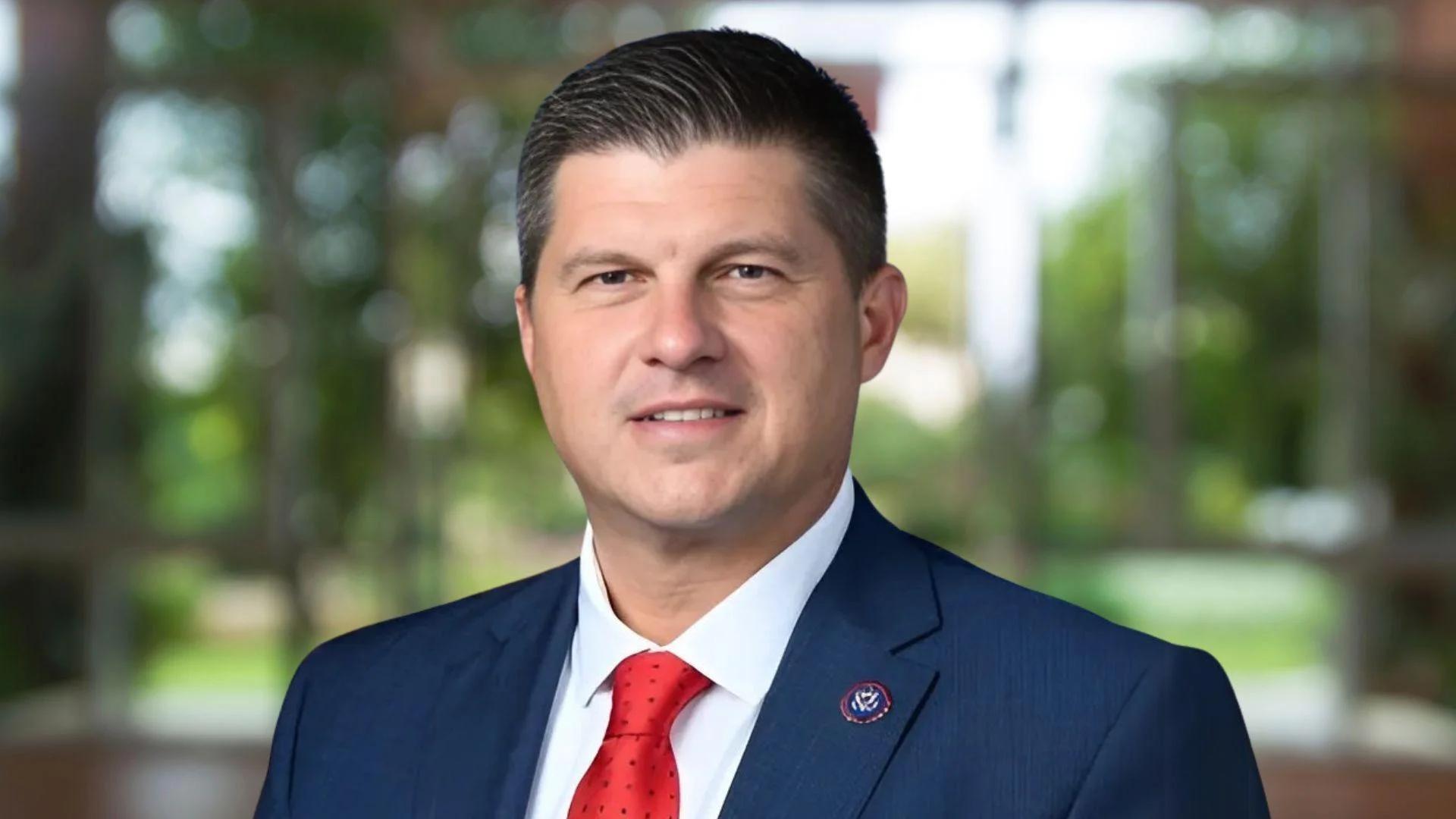Brad Finstad, Representative for Minnesota | X
Brad Finstad, Representative for Minnesota | X
Representative Brad Finstad of Minnesota's District 1 has advocated for advancing two small business bills, which he believes will reduce regulatory burdens and prioritize resources for law-abiding communities.
"Today, two of my bills, the Prove It Act and the Save SBA from Sanctuary Cities Act, passed in the House Committee on Small Business," said Finstad. "Together, my colleagues and I are working to protect Main Streets everywhere by fighting overregulation and ensuring businesses have the tools they need to succeed."
In April 2025, Finstad introduced the Prove It Act and the Save SBA from Sanctuary Cities Act. According to his official House website, the Prove It Act targets excessive compliance requirements on small businesses. Meanwhile, the Save SBA from Sanctuary Cities Act aims to relocate Small Business Administration offices from areas that limit immigration enforcement. These measures are intended to strengthen federal oversight and support business-friendly environments.
A 2024 survey by the U.S. Chamber of Commerce found that 51% of small businesses believe regulatory compliance hinders their growth, with 69% reporting higher per-employee compliance costs compared to larger firms. The Chamber states that this disparity places a heavier administrative burden on small enterprises, limiting their ability to compete and expand. The findings highlight the need for regulatory reform to support small business sustainability.
In fiscal year 2016, sanctuary cities across the United States received approximately $26.7 billion in federal grants and direct payments. Forbes reports that these funds were allocated to 106 jurisdictions despite their policies limiting cooperation with federal immigration enforcement, sparking debate over whether such cities should continue receiving federal aid. This issue remains contentious in discussions of immigration and fiscal policy.
Finstad, a Republican representing Minnesota’s 1st Congressional District since 2022, serves on the House Committee on Small Business. His official biography describes him as a fourth-generation farmer focused on rural development, agriculture, and small business legislation. His work reflects a commitment to supporting underserved regions and strengthening local economies.


 Alerts Sign-up
Alerts Sign-up